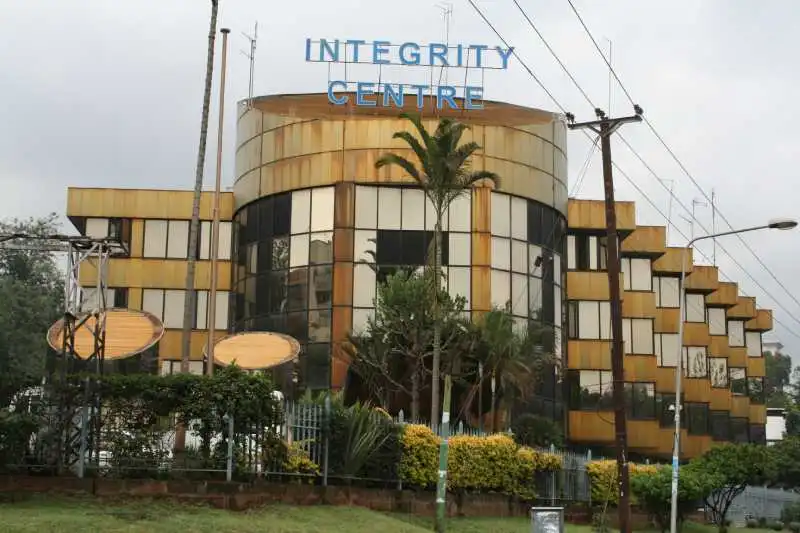Kenya will on Monday join other member states to the United Nations Convention Against Corruption (UNCAC) in commemorating this year’s International Anti-Corruption Day.
The Day is annually marked to take stock of the progress made, challenges encountered, lessons learnt and the reforms required in the fight against corruption and other governance malpractices. The event will be held at Strathmore University.
The Ethics and Anti-Corruption Commission (EACC) will lead other governance stakeholders from the public, private, civil society and faith sectors in commemorating the day, which provides a crucial platform for national reflection on the country’s anti-corruption journey in the last one year.
This year’s theme, “Uniting with Youth Against Corruption: Shaping Tomorrow’s Integrity” underscores the vital role of young people in promoting integrity and combating corruption.






